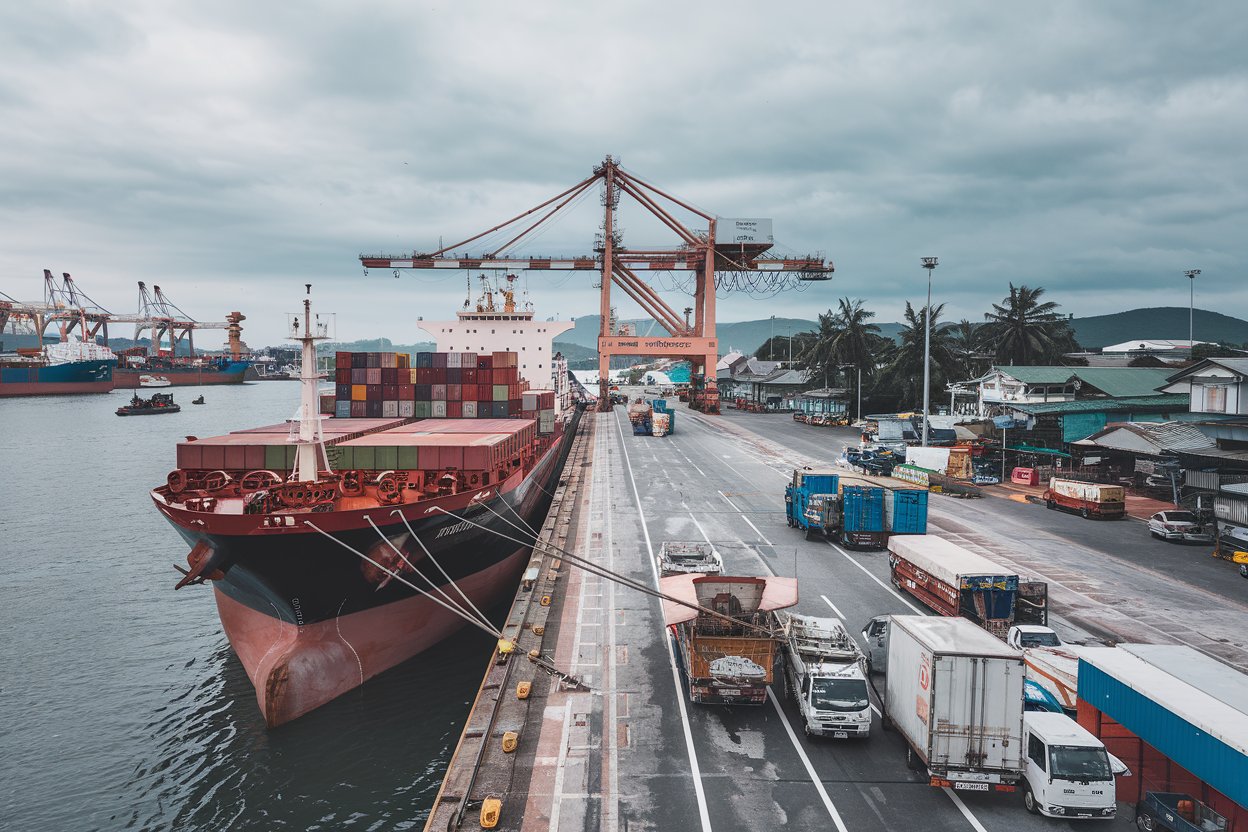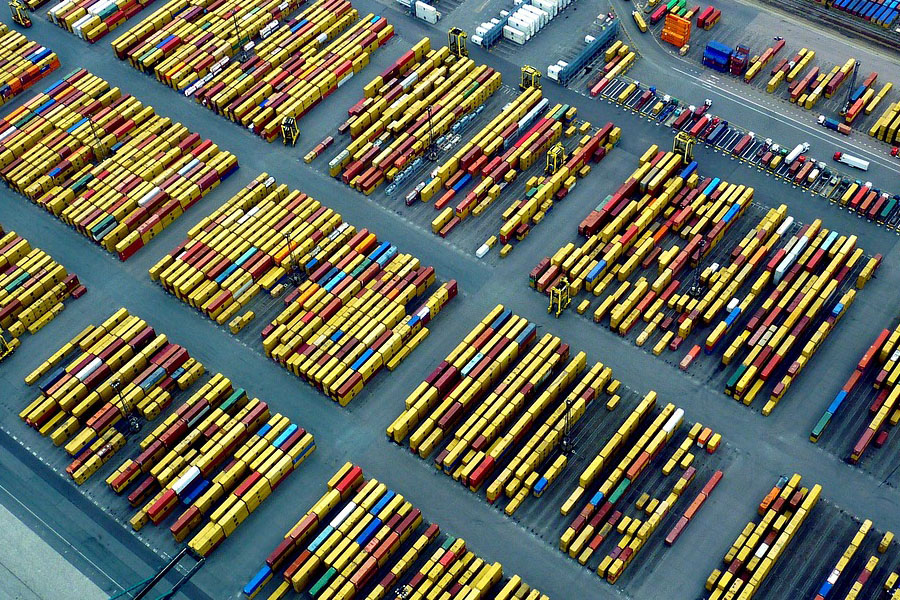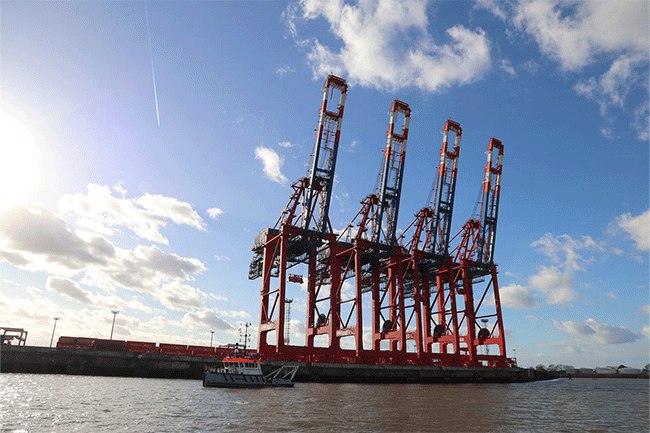- Shanghai ZhongShen International Trade Co., Ltd., with 20 years of experience in foreign trade import and export agency services.

I. Current Status and Market Opportunities of Australian Biscuit Imports
In recent years, with the upgrading of domestic consumption, Australian biscuits, with their high-quality wheat ingredients, traditional baking techniques, and strict food safety standards, have remained popular in the high-end snack market. According to 2023 GACC data, the trade value of food between China and Australia increased by 18% year-on-year, with the import volume of biscuit products growing by 22%, indicating strong demand. However, importing Australian biscuits faces multiple challenges: strict document requirements (involving SPS health certificates,Certificate of Origin, etc.), a logistics chain susceptible to port congestion, and the need for precise control of compliance risks (such as labels not conforming to GB 7718). A professionalforeign tradeagent's involvement can effectively reduce a company's operational costs and risks, becoming a core partner for importers.
II. Core Competencies of a Professional Agent: A Dual-Drive of Documents and Logistics
(1) Document Processing: Full-Chain Review and Compliance Guarantee
Importing Australian biscuits involves 10+ types of key documents, and the agent must control their validity and consistency throughout the process:
- Basic commercial documents: Commercial invoice (must state the trade term, e.g., CIF Sydney), packing list (must state gross/net weight, packaging specifications),?Ocean shipping?Bill of Lading (it is recommended to choose a Master Bill of Lading (MBL) to reduce the risk of release without B/L);
- Official Compliance Documents: The Australian exporter must provide a FORM E certificate of origin issued by AUSFTA (Australian Trade and Investment Commission) (to enjoy the China-Australia FTA preferential tariff rate, reducing the standard rate of 15% to 0%), and a health certificate (SPS certificate) certified by the Australian Department of Agriculture, Water and the Environment (DAWE), proving the product complies with animal and plant health quarantine requirements;
- Additional Verification Documents: Certificate of analysis (must list the types and content of additives, matching our GB 2760 standard), nutrition facts table (must be labeled according to GB 28050), brand authorization letter (if it is an agency import).
The agency team must verify the logical consistency of each document (e.g., the gross weight on the B/L matches the packing list), the validity of seals (e.g., the SPS certificate requires a DAWE electronic seal), and submit a pre-declaration to customs 3-5 working days in advance to avoid demurrage fees (usually 200-500 USD/container per day) due to document issues.
(2) Logistics Management: Full-Chain Timeliness and Cost Optimization
The logistics stage directly affects arrival timeliness and cost, and the agent must customize a plan based on the client's needs:
- Transportation method: Mainly FCL sea freight (sea transit time from Australia to major Chinese ports is about 12-15 days). Urgent orders can use?Air freight?(Sydney to Shanghai approx. 5 days, but costs 5-8 times more than sea freight);
- Container Selection: Standard dry containers (20GP/40HQ) are sufficient for biscuit transport (no cold chain needed). Clients should be reminded to check the container's seal (for moisture protection) and cleanliness (to prevent odor contamination);
- Destination port operation: The agent coordinates with the customs broker in advance to complete the pre-entry of the manifest (ENS). The delivery order (D/O) is exchanged within 24 hours of arrival, and coordination with customs inspections is handled (if a random check occurs, provide documents like ingredient traceability);
- Distribution and Delivery: Provide door-to-door (DDP) or port-to-warehouse services based on client needs, in cooperation with 20+ warehousing centers nationwide, supporting regional distribution (e.g., 48-hour delivery in the East China region).
III. Full-Process Agency Service: 9 Key Nodes from Order to Delivery
Based on 20 years of practical experience, the China-Australia biscuitImport Agencycan be broken down into 9 standardized processes to ensure each stage is controllable:
- Client Consultation: Clarify import volume (e.g., 20ft container/month), target port (mainly Shanghai/Shenzhen), product type (shortbread/hard biscuit, corresponding to HS code 1905.3100 or 1905.3200), and assess if special ingredients are involved (e.g., dairy products require an additional veterinary health certificate);
- Negotiation and Contract Signing: Review the purchase contract (focus on payment terms: recommend T/T 30% advance + 70% upon sight of B/L, or sight L/C to reduce credit risk), clarify the agency service fee (usually 1-3% of the cargo value) and liability allocation (e.g., who bears the demurrage fees);
- Orders & Payment: Assist clients in making foreign exchange payments through a bank (like Bank of China). For Russia-related business, the VTB Bank?Foreign exchange settlement?channel can be used—this channel supports direct settlement in Ruble/RMB, shortening the payment cycle (2-3 working days faster than ordinary banks) and complying with the Central Bank of Russia's foreign exchange control requirements;
- Production supervision: If the client requests, a local third-party in Australia (like SGS) can be commissioned for a factory inspection, verifying the production environment (HACCP certification), raw material traceability (traceable wheat origin), and packaging compliance (a Chinese back label must be affixed to the English label);
- Logistics Management: Book shipping space (choose major shipping lines like Maersk/COSCO to reduce the risk of being rolled), track the vessel schedule (real-time monitoring via ship tracking websites), and prepare the customs declaration (the HS code must be accurate to avoid supplementary tax payments due to misclassification);
- Customs Compliance: Submit the customs declaration and accompanying documents (like FORM E) to customs, calculate taxes (duty = cargo value × 15%/0%, VAT = (cargo value + duty) × 13%), and the goods will be released 1-2 working days after payment;
- Delivery and Distribution: booking space, container allocation, insurance purchaseTow truckPick up the container and deliver it to the client's designated warehouse (the seal number must match the B/L), and provide a logistics tracking report simultaneously;
- Quality Assurance: Assist the client in completing customs random sampling tests (e.g., for microbial indicators, additive content). If a test fails, the agent can assist in handling the return or destruction (must be completed within 15 days);
- Summary Feedback: Provide a full-process import report (including a document checklist, tax details, timeline analysis) to help the client optimize the import plan for the next batch.
IV. Trade Compliance Notice: Certification Requirements and Risk Mitigation
Special note: According to the "Administrative Provisions on Registration of Overseas Manufacturers of Imported Food," Australian biscuit manufacturers must be registered in China (FSA registration number). This registration is applied for by the overseas company directly to the GACC (the agent can assist in organizing the required materials, such as factory qualifications, production flow charts, but does not handle the certification directly). Additionally, imported biscuits must comply with GB 29921 (National Food Safety Standard - Limits of Pathogenic Bacteria in Prepackaged Foods). It is recommended that clients request a third-party test report (e.g., from ITS) from the supplier before signing the contract to reduce losses from failed tests upon arrival.
V. The Key to Choosing an Agent: Experience, Network, and Risk Control Capabilities
A high-quality import agent must possess three core capabilities: first, the documentation team must be familiar with both Chinese and Australian regulations (e.g., Australian exports must comply with the Export Control Act 1982); second, the logistics network must cover major Australian ports (Sydney/Melbourne) and major Chinese ports (Shanghai/Ningbo), with stable contract rates with shipping lines; third, compliance and risk control capabilities, able to anticipate risk points (like non-compliant labels, excessive ingredient content) and provide solutions.
Conclusion: The Australian biscuit import market has huge potential. A professional agent, through full-process control of documents, logistics, and compliance, can help companies break through operational barriers and achieve efficient, low-cost imports. It is recommended that importers prioritize an agency team with over 20 years of practical experience and a service network covering both China and Australia to safeguard their business growth.
? 2025. All Rights Reserved.










